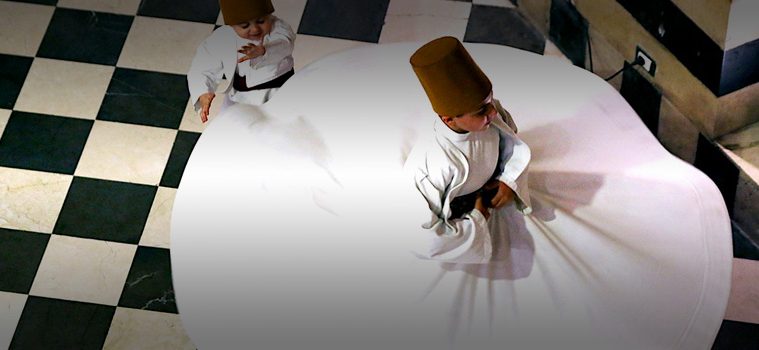WE ARE ALL GOD? –
Sept. 14, 2021 – Even very subtle actions—like moving together in time—can exert a significant effect on the mind. We see synchrony in almost every religion the world over: Buddhists and Hindus often chant together in prayer; Christians and Muslims regularly kneel and stand in unison during worship; Jews often sway, or shuckle, when reciting prayers together. These actions belie a deep purpose: creating connection. To see how it works, we asked pairs of strangers to sit across a table from one another, put on headphones, and then tap a sensor on the table in front of them each time they heard a tone. For some of these pairs, the sequence of tones matched, meaning they’d be tapping their hands in unison. For others, they were random, meaning hand movements wouldn’t be synchronized. Afterward, we created a situation where one member of each pair got stuck doing a long and difficult task. Not only did those who had been moving their hands in unison report feeling more connection with and compassion for their partner who was now toiling away, 50 percent of them decided to lend the partner a hand—a big increase over the 18 percent who decided to help without having just moved in sync.
The combined effects of simple elements like these—ones that change how we feel, what we believe, and who we can depend on—accumulate over time. And when they’re embedded in religious practices, research has shown they can have protective properties of sorts. Regularly taking part in religious practices lessens anxiety and depression, increases physical health, and even reduces the risk of early death. These benefits don’t come simply from general social contact. There’s something specific to spiritual practices themselves.



